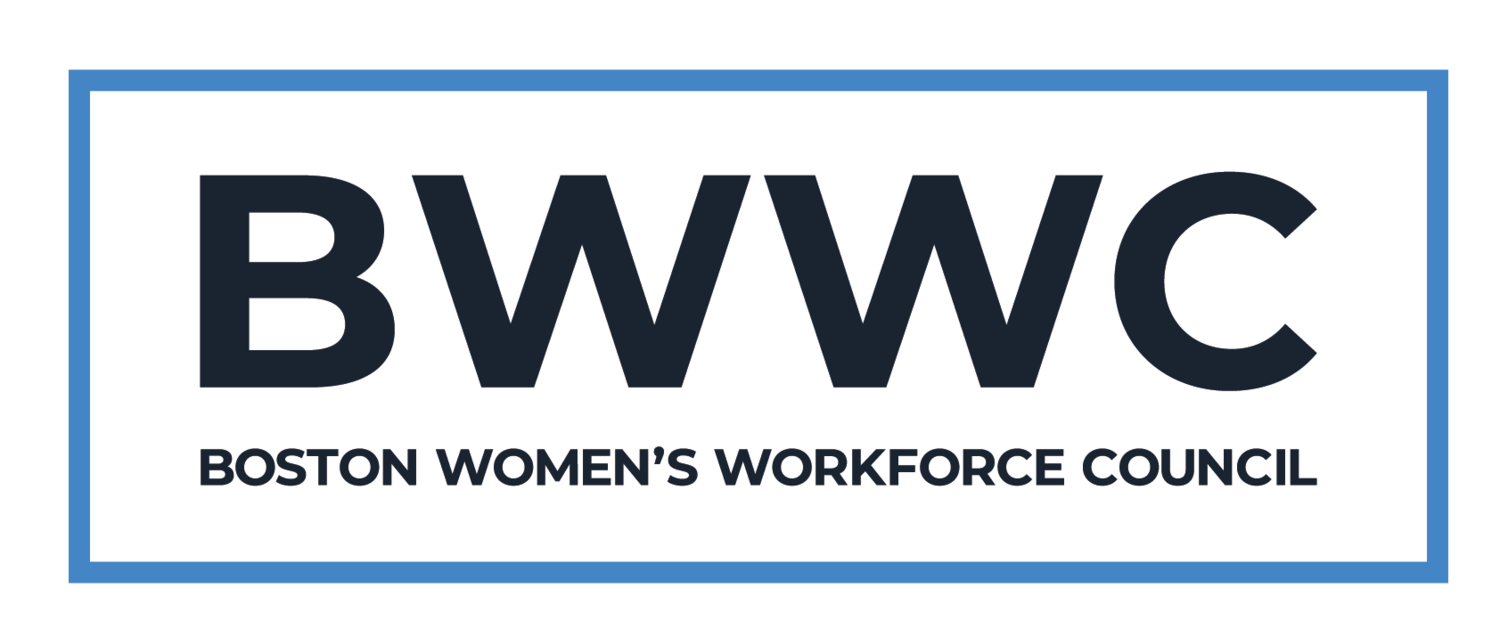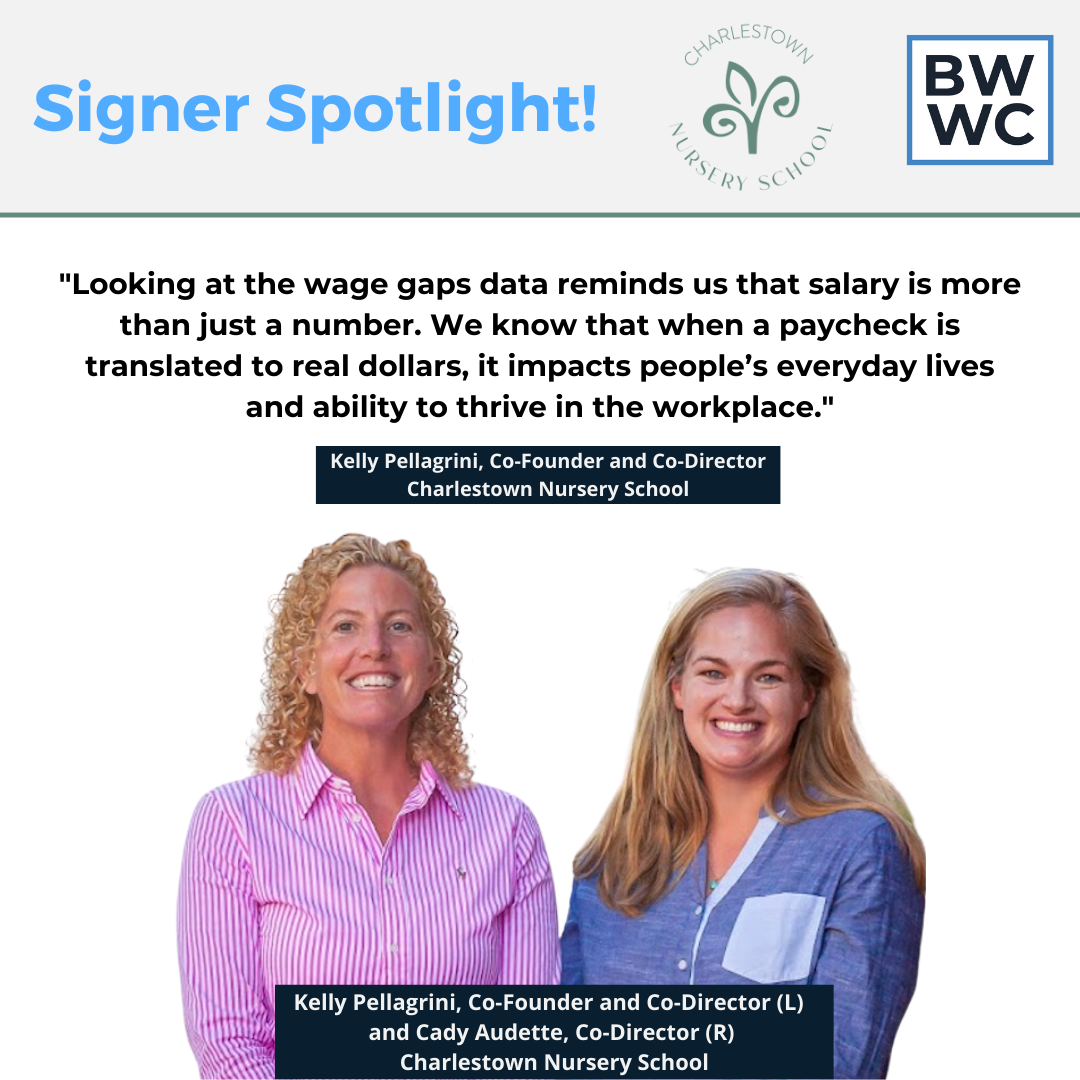Signer Spotlight Series - Charlestown Nursery School
Tell us about your organization.
We are an independent non-profit early education center in Charlestown, Massachusetts. Our goal is to cultivate an early childhood center that promotes the great potential of young children, employs the most current research on childhood development, and embraces the value of professional educators. We strive to be the best early childhood center, which includes adequately compensating our teachers.
Why did you join the talent compact?
Joining the Compact is a reflection of our commitment to addressing pay inequities. We are an employer committed to optimizing employee performance and creating an organization that performs at its top level. To succeed, therefore, we must value our human capital and support a compensation model that allows everyone to reach their full potential.
Looking at the wage gaps data reminds us that salary is more than just a number. We know that when a paycheck is translated to real dollars, it impacts people’s everyday lives and ability to thrive in the workplace. For this reason, we are very proud we recently gave our faculty a 10% salary increase to keep pace with the cost of living, cost of labor, and to be consistent with peers in public schools. This increase also sets our educators’ wages higher than the state and national average.
What are the biggest challenges you face in your organization as it relates to gender and racial wage equality?
The initial challenge was overcoming industry norms that tend to undervalue the work of women and the education of young children. For us, pay equity is not just about how we are being paid compared to men in our field but how the field is valued in general.
Regardless of the research showing the first five years being the most critical stage of children's development, early childhood teachers continue to be underpaid, with more than 35% of early educators across the country qualifying for public assistance and others living just above the poverty line. This industry norm has led, even before the pandemic, to an acute workforce shortage. The inability to recruit and retain high-quality educators has immediate and long-term effects on our schools and children.
What programs have you developed to promote that directly or indirectly address closing wage gaps in your organization?
We recognized that providing flexible schedules and opportunities for professional development is just as crucial as ensuring fair wages. We implemented new policies that included paying our teachers for the time they work in the evenings as well as for the time they dedicate to professional projects. These changes thus required us to strategize the best use of our limited budget. For example, instead of allocating funding to upgrade our facilities or renovate our playground, we shifted that funding to ensure the promotion of faculty’s quality of life and practice.
As a result, we are able to attract and retain early educators during a time when we are seeing many early childhood centers across the country struggling to fill essential staff roles. When you have well-educated and well-compensated teachers, they deliver a transformative kind of early childhood educational experience that reflects what children deserve.

